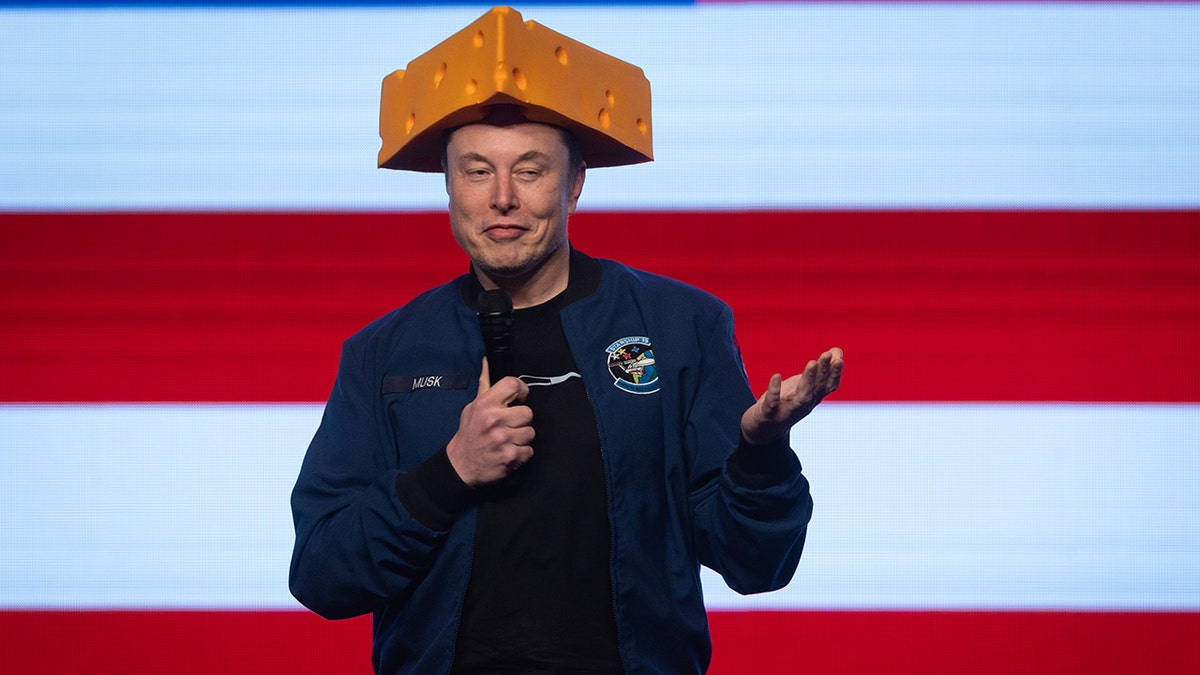Elon Musk is once again at the center of a storm—not one of his own creation, but one fueled by late-night satire and a sketch that appears to have gone too far for the billionaire’s liking. After a recent episode of Saturday Night Live (SNL) aired a biting parody featuring Mike Myers as Musk, the Tesla CEO took to his social platform, X, to fire back with fury—and, reportedly, threats.
In the skit, Myers reprises his exaggerated impersonation of Musk, a character he has now portrayed three times this year. The sketch revolves around the chaotic downfall of Tesla’s reputation, and Myers’ Musk persona openly admits: “Yes. Recently, our dealerships have been the target of many attacks, and suddenly, no one likes Tesla cars. So I asked myself why, and then I answered myself, ‘Because of me,’ which is why we’re introducing the new Tesla Model V, the first electric car in history to be fully self-vandalizing.”
The delivery might have drawn laughter from the studio audience, but behind the scenes, it clearly struck a nerve. Especially when Myers, while sporting a giant cheese-shaped headpiece—an odd nod to Musk’s recent visit to Wisconsin—stood on stage beside James Austin Johnson, who portrayed former President Trump.
Together, they mocked Musk’s influence over Tesla’s recent public image issues, as well as made jabs at Trump’s exaggerated foreign trade concerns.

Johnson’s Trump character joked about South Africa, claiming the country “puts a 60% tariff on everything we send them, and they’ve never even sent us one good thing.” In response, Myers’ Musk character stood blank-faced, cheese hat and all, as Johnson’s Trump declared, “Elon is great, but sadly, it’s time to never see you again, okay?
You gotta get back to Tesla, right? ‘Cause they’re doing pretty bad.”
While the skit was laced with absurd humor and political satire, it didn’t sit well with Musk, who apparently viewed it as an attack not just on his company, but on his persona. The moment the episode aired, social media began buzzing, and Musk wasted no time responding.
“SNL hasn’t been funny in a long time,” he posted on X. “They are their own parody.”
That wasn’t all. According to sources close to the tech mogul, Musk was so livid after the episode that he began exploring options to take action against the show. “He’s genuinely angry,” one insider claimed. “He feels like SNL has made him a scapegoat and is feeding into the public’s misinformed hate toward him and Tesla. Elon is done playing nice. He wants consequences.”
Though Musk has no direct legal path to shut down a show like SNL, given that it is protected under free speech and satire laws, his comments suggested something more forceful behind the scenes. In conversations with those in his circle, he reportedly floated the idea of leveraging influence over advertisers and media partners to choke the show financially, if not literally.
His fanbase certainly rallied behind him. Comments on his post flooded in with support, with one user saying, “They are desperate. It is crazy how far out of the way someone will go to try to make someone else not like you.” Another chimed in with, “Geeze, I can’t imagine what it feels like to be you, Elon, and have to put up with all this nonsense.”
But not everyone took his side. Critics accused Musk of being thin-skinned, pointing out the nature of SNL as a comedy show that has, for decades, lampooned everyone from presidents to pop stars. “It’s pretty funny actually,” one user wrote. “No knee-jerk reactions, guys; let’s not be like them. Comedy is legal again on both sides.”

Still, for Musk, this didn’t appear to be about comedy—it was personal. The implication that Tesla’s struggles with public perception and product vandalism stemmed directly from him was not just a jab, it was a direct hit. And he seemed to feel that SNL had crossed a line.
“I can take jokes,” Musk reportedly said in a private message, “but this wasn’t just a joke. This was character assassination disguised as a comedy sketch. It damages real people, real work.”
The irony, of course, is that Musk himself hosted SNL not long ago, in a controversial but widely viewed episode that sparked mixed reviews. At the time, many believed he took the opportunity in stride, playing along with sketches and even making fun of himself. But this time around, the tables have turned—and Musk isn’t laughing.
Beyond his personal offense, Musk appears worried about the broader implications of the sketch. According to those close to him, he believes the portrayal undermines trust in Tesla’s innovation and pushes a narrative that Tesla’s challenges are not based on market or economic conditions, but on his leadership.

Indeed, the phrase “self-vandalizing car” seems to have touched a nerve. To Musk, it wasn’t clever satire—it was a harmful fiction, and one he’s unwilling to ignore.
Whether his threats to shut down SNL materialize into anything more than a social media soundbite remains to be seen. NBC and the SNL production team have not issued any official response. However, sources say they are well aware of the backlash and are standing by the creative choices.
“Elon Musk is a public figure,” one staffer reportedly said off the record. “And SNL has always skewered public figures. That’s the job. It’s nothing personal. It’s satire.”
But for Elon Musk, it might be very personal. And if his past is any indication, he’s unlikely to let this go quietly. Whether it’s through tweets, business pressure, or behind-the-scenes influence, Musk seems determined to strike back.
In a digital age where memes can drive stock prices and jokes can spark lawsuits, Musk’s feud with SNL might be more than just a culture clash—it could be the latest battle in a long war between celebrity, power, and the punchlines that try to define them.